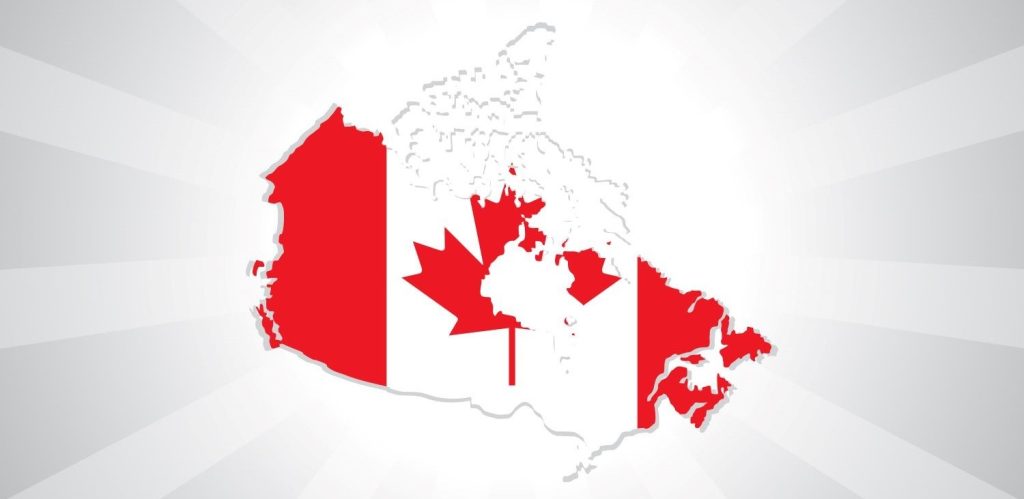Which is Better TR or PR in Canada?

Deciding to live in Canada involves choosing between temporary residency (TR) and permanent residency (PR). Both options have their advantages! Let’s explore the differences and benefits to figure out if TR is better than PR.
Temporary residency (TR) means living in Canada temporarily, then transitioning to permanent residency after a year or more. Permanent residency (PR) allows you to live in Canada permanently.
People who choose the two-step process (TR to PR) often have better long-term economic outcomes compared to those who directly become permanent residents.
On the other hand, becoming a permanent resident right away means skipping the temporary residency stage, which can provide certainty in the short term.
What’s the difference between staying in Canada temporarily and staying permanently?
Staying in Canada temporarily means you can live there for a short time. You might be able to work or study during this time. Examples include study permits and programs like working holidays.
But temporary residents don’t always have the same rights as permanent residents. Depending on where you are in Canada, you might not get the same healthcare or access to government services. Some temporary residents can’t even get a Canadian driver’s license.
On the other hand, permanent residence means you can live in Canada for a long time, though not forever. Permanent residents must meet certain requirements, like spending enough time in Canada.
Permanent residents usually have access to government support and public healthcare. They might also find it easier to travel to certain countries.
Why might you want to come to Canada for a little while?
It’s Cheaper: Becoming a temporary resident here costs less money compared to becoming a permanent resident. For example, applying for the IEC program plus the biometrics fee is $257 CAD, while applying for Express Entry costs $857 CAD.
Additional Costs for Permanent Residency:
If you want to become a permanent resident, you’ll have to pay extra fees for things like English tests and medical exams. Some temporary residents might need these tests too, but not everyone does. It depends on where you’re from and the program you’re applying for.
Learn new skills while living in Canada. It’s easier for temporary residents to come here. You might not need as much work or education experience or speak English perfectly. This gives people who can’t immigrate for work reasons a chance to live and work or study here while they learn the skills they need to immigrate permanently.
If you don’t have the skills, education, experience, or English skills to immigrate, coming here temporarily lets you move sooner and learn those things here.
Getting permanent residence in Canada is hard. It’s competitive for economic immigrants, and the system often favors those who already have work experience here. Family sponsorship can also take a long time and be difficult.
Getting work experience in Canada can open doors for you. And the easiest way to do that is often by coming here temporarily.
Becoming a Permanent Resident in Canada
Choosing to become a permanent resident has a big advantage: it brings certainty. Moving from being a temporary resident to permanent residency can be tough. It’s uncertain and sometimes scary. You might not be sure if the ways you planned to use to become a permanent resident will still work when you apply.
Think about the changes happening in study permit programs this year. Students who came to study in Canada might not be sure if they can become permanent residents later. BC has already announced big changes to its student programs, which could affect students studying there. More changes affecting temporary residents might come in the next few months.
But with permanent residency, things are much clearer. You gather your documents, take any required tests, apply, and wait for a decision. Since you haven’t started your life in Canada yet, it feels less like it could be taken away from you. Once you’re in Canada, you’re likely to be able to stay, as long as you follow the rules.
This certainty is very appealing. It’s especially attractive for those who can become permanent residents in just one step.
Should I Choose to Stay as a Visitor or Apply for Permanent Residence?
If you decide to stay in Canada temporarily first, you’ll need to think about whether you want to continue as a visitor or apply for permanent residence when your temporary permit is almost up.
It’s up to you to decide. Think about whether you want to stay in Canada for a long time or if you’re still unsure. Are you planning to buy a home? If yes, it’s likely better to apply for permanent residency. Are you considering marriage and starting a family? Once again, permanent residency might provide more stability, especially if you plan to have children.
The answer to this question depends on individual circumstances and goals. Temporary Residence (TR) permits individuals to stay in Canada for a limited time, such as for work, study, or tourism. Permanent Residence (PR), on the other hand, offers long-term residency rights and pathways to citizenship. While TR may be suitable for short-term needs or specific purposes, PR generally provides more stability, access to social benefits, and opportunities for integration into Canadian society.
Temporary Residence (TR) in Canada offers flexibility for short-term stays, such as for work permits, study permits, or visiting family. TR permits are often quicker to obtain compared to Permanent Residence (PR), and they may not require the same level of commitment or eligibility criteria. Additionally, TR holders may have fewer obligations to meet compared to PR holders, such as maintaining residency or meeting language requirements.
Permanent Residence (PR) in Canada offers stability and long-term residency rights, whereas Temporary Residence (TR) permits individuals to stay in Canada for a limited duration. PR holders have access to social benefits, healthcare, and employment opportunities on a par with Canadian citizens, while TR holders may have restrictions on work or access to certain services. PR also provides pathways to Canadian citizenship, which TR does not.


